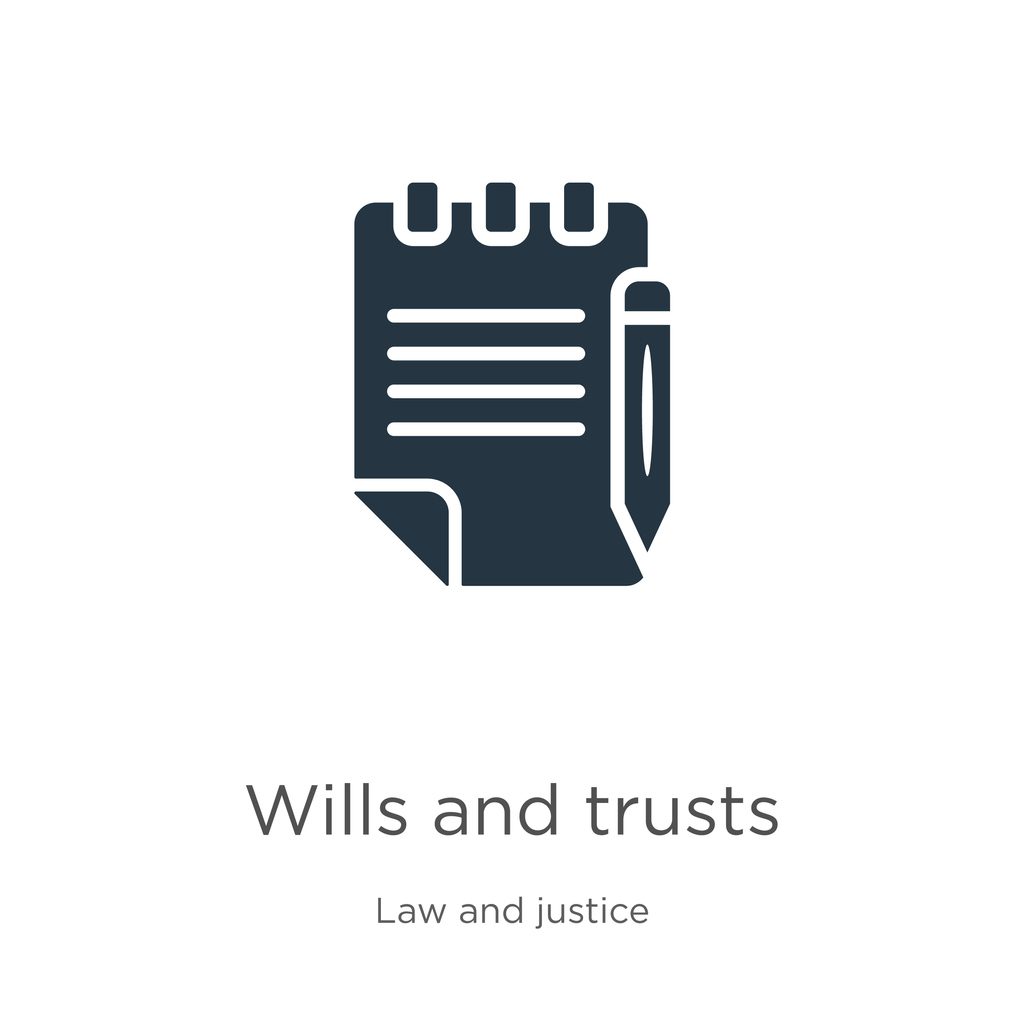Research suggests that more than 50% of the adult population in the UK either doesn’t have a will or doesn’t understand the importance of writing one. Unfortunately, failure to leave a valid, accurate and detailed will can lead to disastrous consequences for friends and family members.
Interest in will writing services and related legal support is growing, but not at a rate fast enough to reverse the problem. Meanwhile, more couples than everbefore are choosing to make mirror wills.
But what are mirror wills and when are they a good idea? More importantly, could a mirror will be the right option for you?
What is a Mirror Will?
A mirror will usually involves the allocation of the deceased individual’s entire estate to their surviving partner. This is considered a suitable option for people joined by marriage or civil partnership, along with anyone in a long-term relationship they intend to stay in. Both members of the couple agree to leave their estate to their surviving partner, with the surviving partner then summarily deciding how the assets should be allocated upon their own death or prior.
In most instances, the will already names the future beneficiaries when the surviving partner dies. However, the surviving partner may choose to make changes to the agreement following the death of their partner, though the process can be tricky to formalise.
Advantages of Mirror Wills
As the name suggests, mirror wills are direct and accurate reflections of one another. This also means that in the event that anything is edited in one of the wills while both partners are alive, it must be reflected in the second will.
One of the biggest advantages of a mirror will is its comparative simplicity. Rather than drafting two entirely different wills (chargeable at the solicitor’s standard fee), you effectively make something of a shared will you both enter into.
In addition, a mirror will ensures that there is no confusion or misunderstanding with regard to how the deceased individual’s assets should be distributed at the time of their death. The entire estate is passed automatically to their surviving partner, ensuring they are financially protected and stable for the future. The surviving partner may then choose to make additions or alterations to the will, but doing so is only possible by way of a formal legal process.
This is also why it is important to be extremely mindful of the potential advantages and disadvantages of entering into a mirror will. It is not something to commit to without considerable forethought, though can represent an agreeable option for most couples in long-term relationships.
Ask the Experts…
At Aristone Solicitors, we understand that will writing and inheritance can be sensitive and daunting subjects. If you have any questions or concerns on any aspect of will writing or family law, we’d be delighted to offer you an informal initial consultation with no obligation to go ahead.
Contact a member of the team at Aristone Solicitors anytime for more information, or to arrange your obligation-free initial consultation.



